Artificial Intelligence in Healthcare
Category: AI & Machine Learning Posted:Mar 18, 2019 By: Serena Josh
Artificial Intelligence covers almost all the milestones today and has bought the world on its toes. Artificial Intelligence has accelerated the growth of various industries in an unpredictable way. Well, most of the people are quite familiar with Artificial Intelligence, but let us recall a little bit of it. Artificial intelligence is a collection of several technologies that imitate the human’s intellectual functions. In the present scenario, AI is touching almost all the industries such as education, entertainment, government, transport, etc., but its supreme importance has been observed in the modern healthcare industry. The doctors are able to treat patients in effectively as they have excessive data with them which can be utilized proficiently. With the help of techniques such as machine learning and natural language processing, artificial intelligence can be applied to both structured as well as unstructured data. The technology is extensively utilized in all kinds of health-related features, but its usage is mainly focused on cardiology, neurology, and oncology. Artificial Intelligence has been adopted by nurses and doctors to decrease manual work and to provide more exact service and impactful inference to patients.
Learn AI & Machine Learning from Industry Experts
Artificial Intelligence is utilized in almost every industry nowadays, but when it comes to our health, the potential of AI to enhance consequences is fascinating. With the huge volume of data raising an astounding rate, traditional analytic methods have been restored, and thus there has been a modification in the clinical decision-making techniques. This enables the decision makers to attain extraordinary intuitions while making a diagnosis, planning the care process, treatment variability and patient outcomes. Today, the usage of computers is not new, but the incorporation of human thoughts and technology without the use of monitors or keyboards or other stuff has resulted in substantial changes in the medical industry; this not only includes medical care, but it also automates several administrative tasks. The potential of artificial intelligence in the matters of health, including that of life and death critical issues, is hugely inspiring.
How Artificial Intelligence is modifying Healthcare:
AI is merely the game changer in the healthcare industry. It helps in modifying the roles of human physicians and doctors. According to a report by Frost and Sullivan (the consulting firm), the healthcare AI market will probably experience a compound annual growth rate of more than 40% by the year 2021. Also, it has AI has the potential to modify the health care outcomes by 30-40% and reduce treatment costs by half. The important AI applications in healthcare can create 150 billion dollars in annual investments in the US healthcare economy by 2026. The extra layer of Artificial Intelligence can increase the proficiency of trained doctors because this layer helps in reducing errors in the healthcare industry. Artificial intelligence has provided several developments in the healthcare industry. Below are some of the developments which seems to have great potential in this particular field.
1. Robotic Assistance:
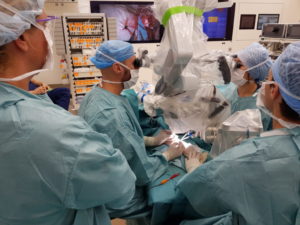
The patients may not feel comfortable with robots for carrying out surgery on them; they feel more comfortable when they get operated by a capable surgeon. But combining the skills of the competent surgeon and the technical intelligence of robots, the surgery can be carried out with accuracy and stability. With an estimated value of $40 billion in health care, robots can examine data from pre-op medical records which helps the surgeons during surgery, which in turn results in the reduction of the patient’s hospital stay up to 21%. The robot-assisted surgeries are considered as slightly invasive surgeries, thus patients won’t require healing from large incisions. With the help of Artificial Intelligence, robots can utilize data from past operations to notify innovative surgical techniques. These real-time data can help a surgeon during a complicated surgery to identify and reduce risk and enhance the quality of the surgery. The robotic surgery has shown positive results which are indeed promising. One analysis that involved around 379 orthopedic patients found that AI-assisted robotic surgery resulted in five times fewer complications as compared to surgeons performing operations alone. A robot was also utilized in an eye surgery first time, and the most advanced surgical robot, i.e. Da Vinci enables doctors to carry out multifaceted procedures with larger control than traditional approaches. Heart surgeons have utilized a small robot called Heart lander, which enters a small incision on the chest to perform mapping and therapy over the surface of the heart. Furthermore, the AI-assisted robots will continue to monitor the patient and his health’s levels, even after the doctors and nurses are not available.
2. Workflow and Administrative Tasks: Artificial Intelligence can also impacting healthcare in another way, i.e. by automating administrative jobs. As machines assist doctors, nurses and other providers which save time on various tasks, it is expected that it may result in around $18 billion in savings for the healthcare industry. The innovative technologies like voice-to-text transcriptions could help order tests, prescribe medications and also write chart notes. One example of utilizing AI is to support an admin task which is a partnership between the Cleveland Clinic and IBM that uses IBM’s Watson to extract the big data and assist physicians in giving a modified and more efficient treatment experience.
3. Virtual Nursing Subordinates: With the help of Intelligent Virtual Assistant (IVA) and Medical Virtual Assistant (MVA), it is possible to increase patient engagement to the next level. These assistants could help in saving the healthcare industry $20 billion annually; this involves activities from interactions with patients to directing them to the most effective care setting. Virtual nurses are available 24/7; they can assist patients, answer their queries, and monitor patients. There are health monitors and other devices which have included artificial intelligence. This can help them in the following ways:
- It reminds patients to take their medication at a fixed time.
- It can also provide medical advice when there are any common sicknesses or complaints.
- It can also suggest diet and eating habits for people with constraints on a diet.
- They can also remind patients for doctor appointments and manage bookings.
- AI enables virtual interactions with doctors.
There are chatbots which can direct a family member to give basic health care in case of an emergency medical situation. Also, the patients can enter the medical websites and chat with the chatbots, to discuss symptoms and clear health-related doubts. These chat bots are so intelligent that they can easily understand and responds to patient feelings. It is true that the chatbots can never take the place of a doctor, but they can at least help to ease the stress and fears of a patient.
4. Medical Imaging Diagnostics:
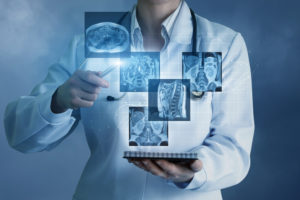
Presently, image analysis is very much time consuming for human providers, but an MIT-led research team developed a machine learning algorithm which is able to analyze 3D scans up to 1,000 times faster. This real-time assessment is helpful for surgeons in providing critical inputs during surgery. AI can also help in enhancing next-generation radiology tools which are not dependent on tissue samples. Moreover, AI image analysis can also help remote areas which do not have easy access to healthcare providers and also make telemedicine more operational as patients are able to use their phones to send the pictures of rashes, cuts or damages to know what necessary step can be taken. The AI plays a major role in allowing intelligence in the radiology images which are obtained via scanning machines. X-rays, CT scanners and MRI machines can be only able to preview the inner working of the body parts, but they are not the complete proof as they do not always provide the correct analysis on their own. Sometimes doctors have to depend on alternative methods such as biopsies to take better decisions.
But with the help of AI, all these negativities of the scanning machines are entirely restored as it gives precise inputs. Using these inputs, the doctors or diagnostic imaging team is able to reach on the mode of treatment. With the help of deep learning algorithms, it is possible to distinguish between cancerous and non-cancerous cells in a more accurate way.
5. Assist in Clinical Judgment or diagnosis: Well, AI is just at its beginning phase of diagnosis, but there have been some exhilarating use cases. A Stanford University has tested an AI algorithm to identify skin cancers in contradiction of dermatologists. Another company, i.e. Danish AI Software Company tested deep learning program by having a computer eavesdrop whereas human contributors took emergency calls. The algorithm examined whatever a person states, its voice tone and background noise and also identified cardiac arrests with a 93% success rate compared to 73% for humans. Prime Minister Theresa may announce an AI rebellion which can help the National Health Service, i.e. NHS the UK’s healthcare system, to predict the early phase of cancer in order to avoid the number of cancer-related demises. The algorithms will also inspect the medical records, habits and genetic information combined from health charities, the NHS and AI.
The benefits of including AI in Healthcare: With the help of AI, Healthcare industries are enhancing a lot. Below are some advantages enjoyed by both the patient and medical practitioners:
- Artificial intelligence provides Analytical medical care.
- Artificial intelligence helps the patients to take personalized medication.
- Artificial intelligence fast research and cross-referencing of data results in a better diagnosis of diseases.
- Artificial Intelligence has provided a lot of advanced treatment plans such as robotic surgery, cell biology, stem therapy, etc.
- With the help of AI, it is possible to monitor patients so that they can get timely care and treatment and also reduce hospital stay.
- Artificial Intelligence can help both patient and medical care providers in saving long term cost.
Register here for Live Webinar on AI & Machine Learning
Conclusion: Artificial Intelligence is modifying the healthcare industry. It has altered the role of the doctors, as well as patients. AI has provided a lot of benefits to both patients and doctors. It is growing and expanding rapidly, and thus it will alter the medical world in diagnosis, treatment, disease detection and many more. With the help of Artificial Intelligence tools, the human workers can provide faster services, diagnose problems and analyze data to recognize trends or genetic info which would incline someone to a specific disease.
I hope that by now you have had an overview of AI & Machine learning. Before you enroll in ZaranTech’s certification course on AI&ML, do check out the Machine Learning with Python tutorial for Beginners:
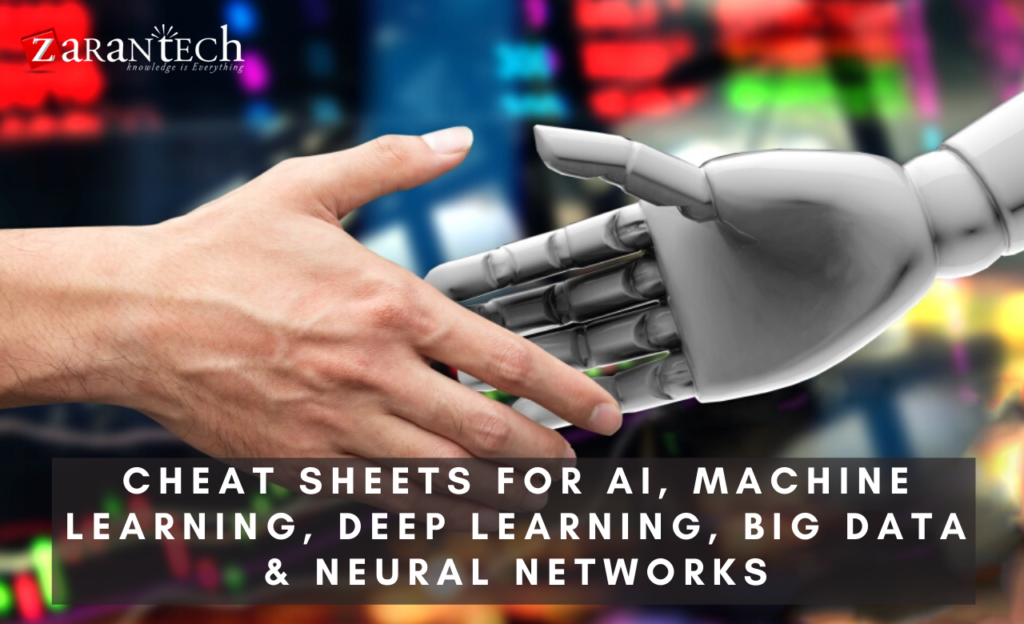
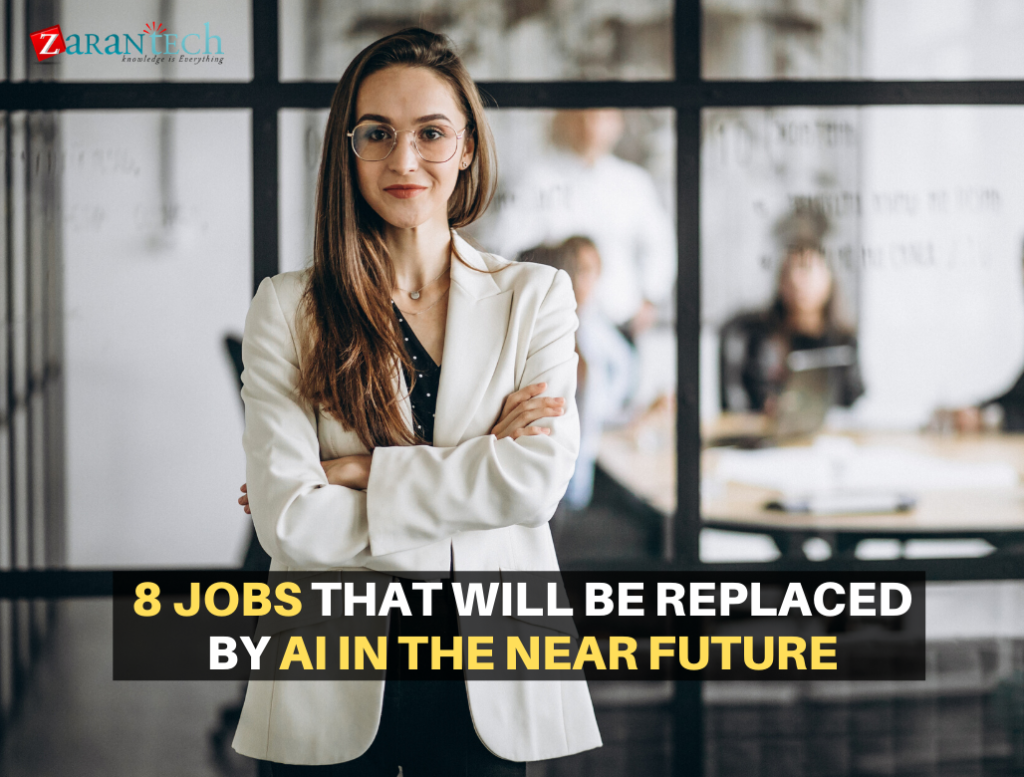
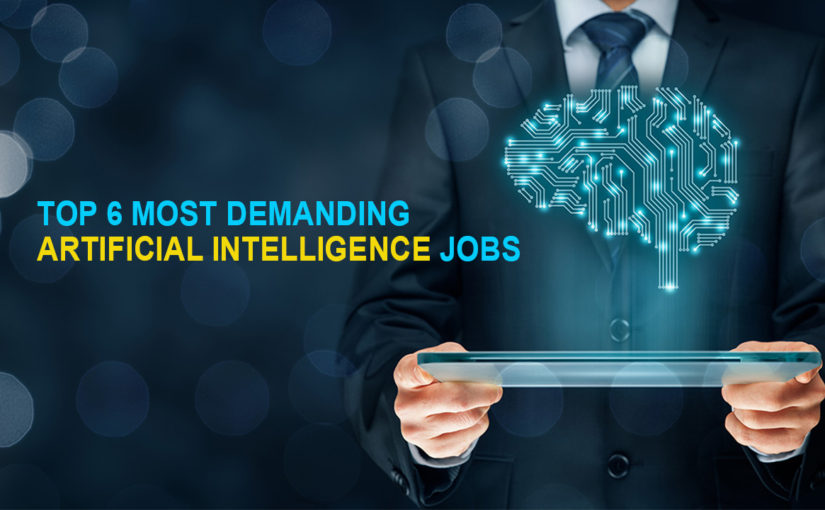
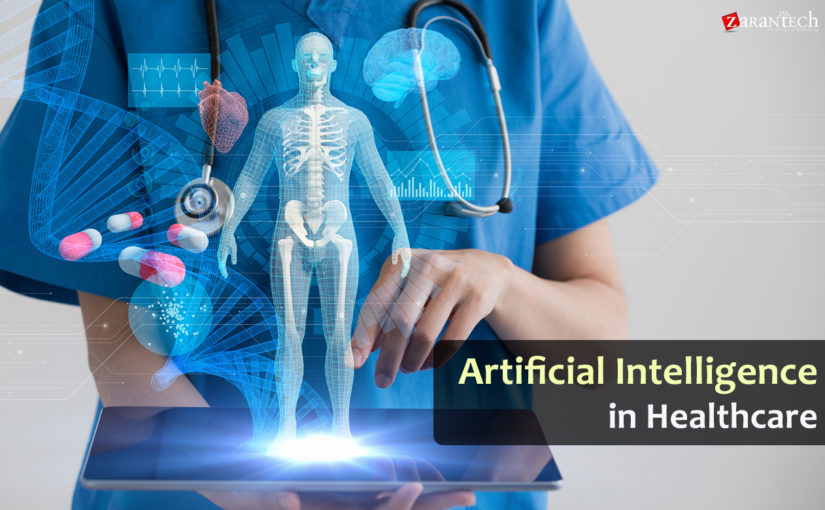
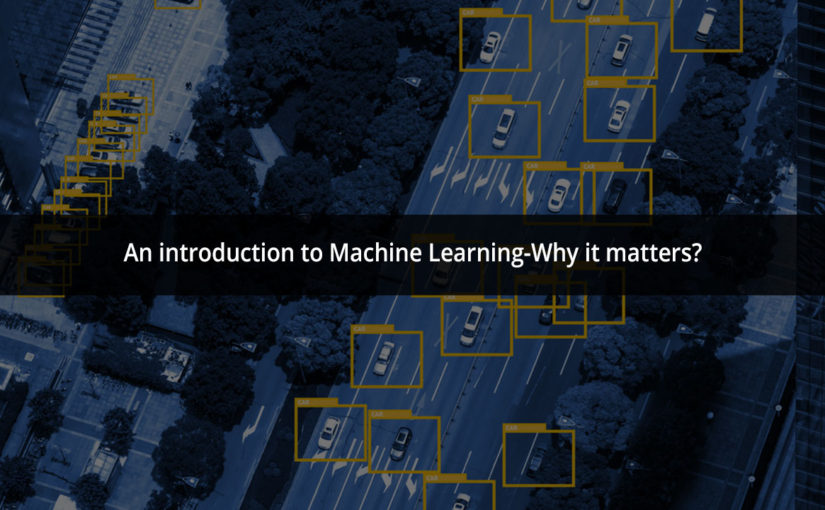
 99999999 (Toll Free)
99999999 (Toll Free)  +91 9999999
+91 9999999